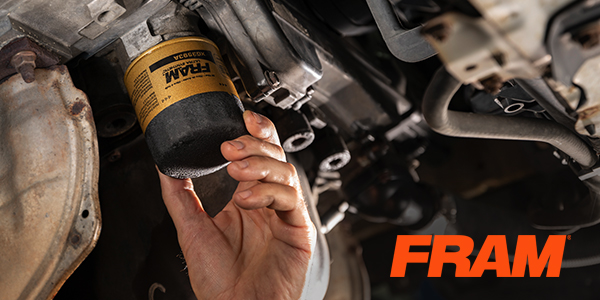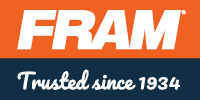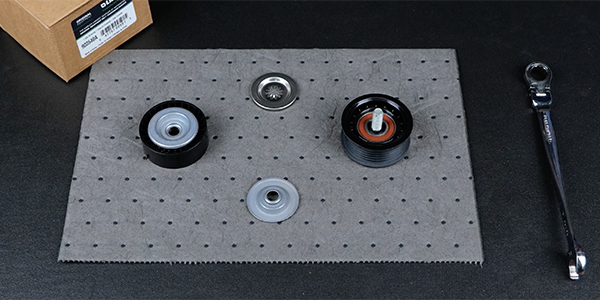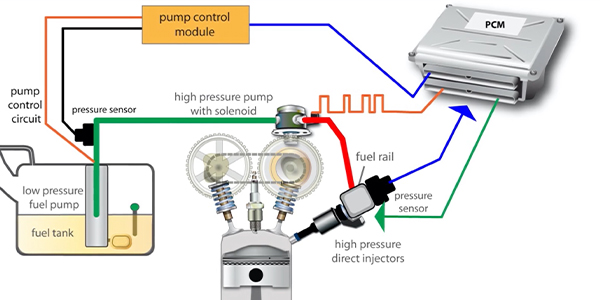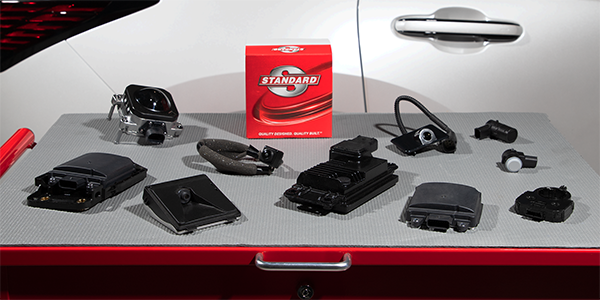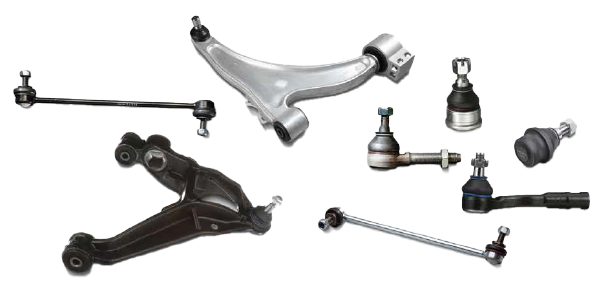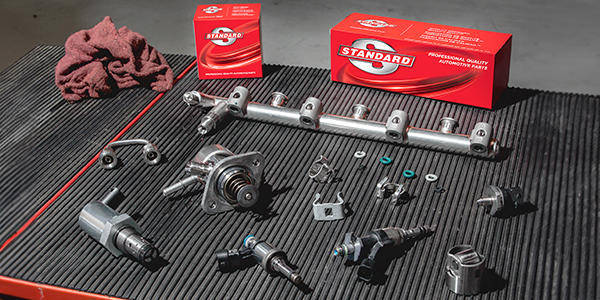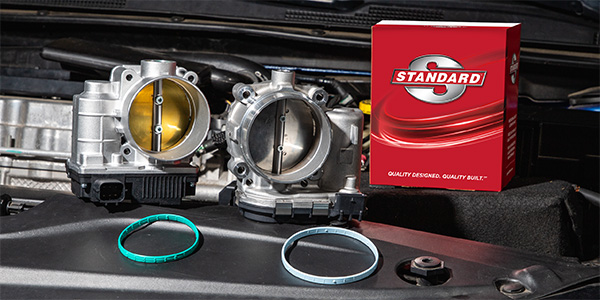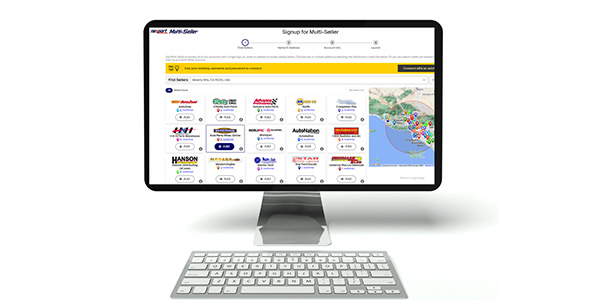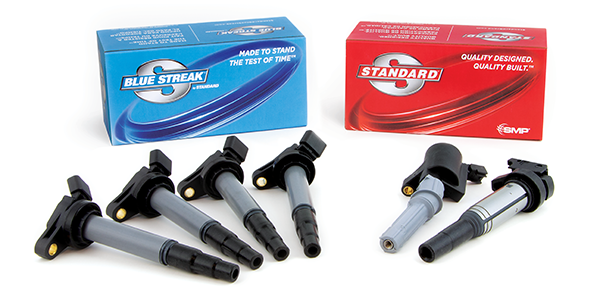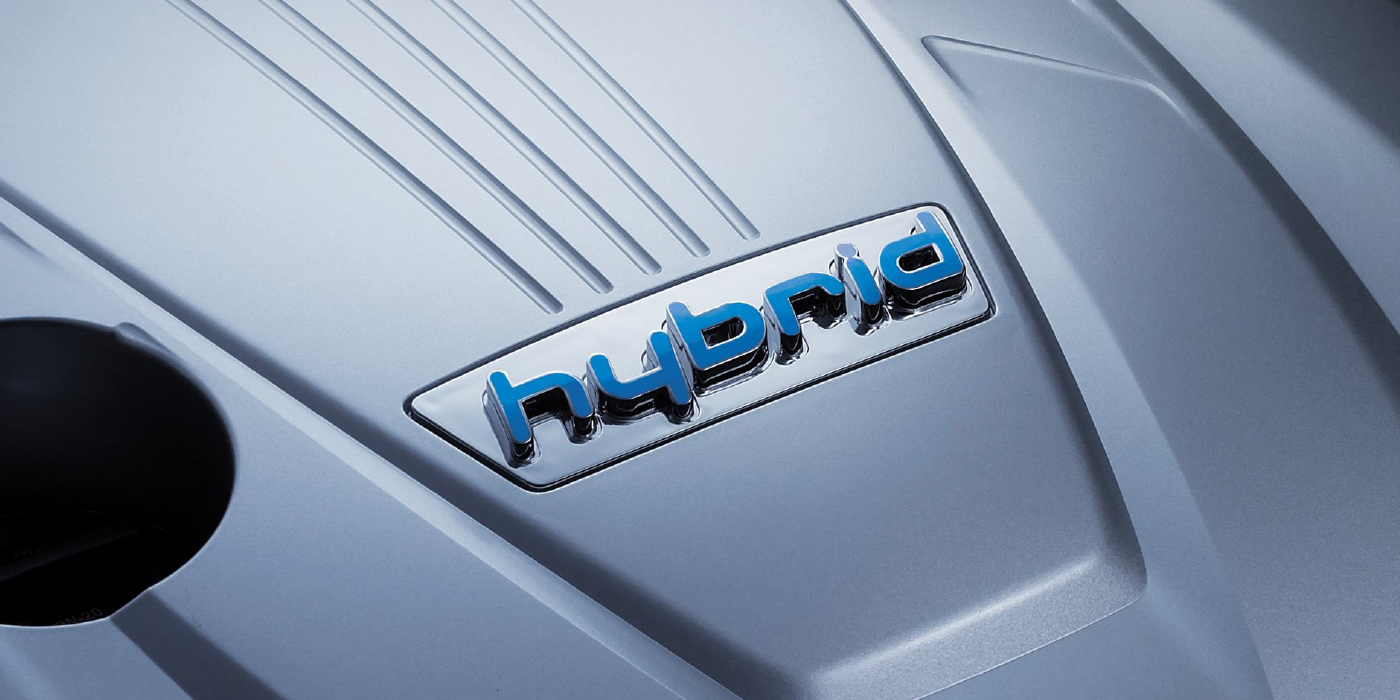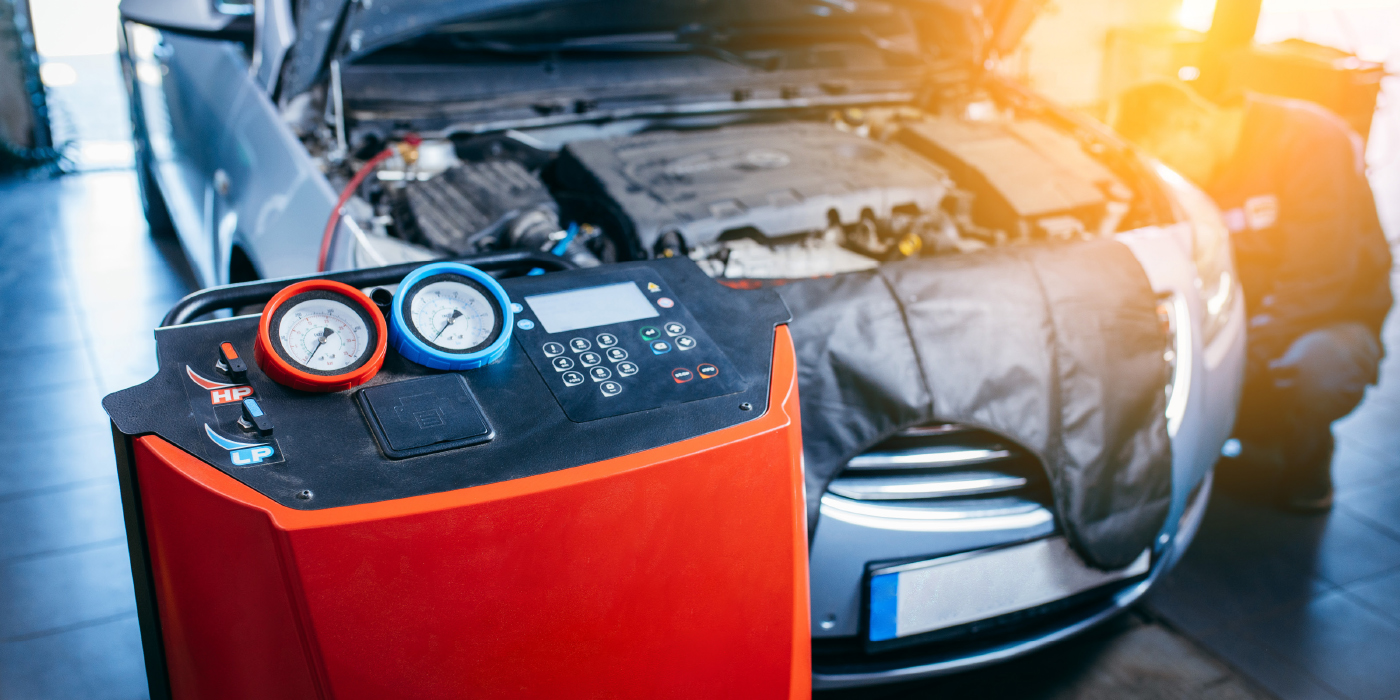After the especially harsh conditions of winter, warmer temperatures are a welcomed upside to the arrival of spring. Along with warmer temperatures comes the essential vehicle maintenance that your customers need to ensure they are not one of the 69 million breakdowns that occur every year in the U.S., the equivalent of 1 in 3 drivers1.
Because of the pandemic, this spring is especially critical for vehicle maintenance. Most of your customers are probably not aware that when a vehicle sits for longer than a month without being started for at least 10 minutes, parts can begin to breakdown and oil quality will degrade. These are unintended consequences caused by extreme inactivity.
While spring maintenance may feel like an unnecessary expense to some of your customers, they must consider the $7 billion annual cost to drivers who need roadside assistance or the $15 billion annual repair costs from breakdowns. With the increasing heat of spring and summer and the inevitable long road trips that come with it, many technicians will recommend customers use synthetic oil. Synthetic oil ensures protection for modern engines that are engineered for extreme efficiency and forced to run under very high temperatures and working pressures.
During the summer, an engine using synthetic oil will stay cooler and use less fuel. Because synthetic oil starts circulating immediately upon ignition, there is less metal-to-metal contact, extending the life of the engine, and getting an engine into its peak operating efficiency quickly. This often makes the investment in synthetic oil worthwhile to vehicle owners.
If your customer is going to invest in more expensive synthetic oil for their engine, you should not stop short on pairing it with a quality synthetic oil filter like FRAM Ultra Synthetic®, with a design optimized for use with synthetic motor oil.
As you know, filter media is the most important part of an oil filter, and FRAM Ultra Synthetic utilizes specially designed, synthetic fiber media for ultra-efficiency. FRAM Ultra Synthetic effectively filters more than 99% of dirt at a 20-micron particle size.
In addition, FRAM Ultra Synthetic oil filters offer features not found in common oil filters, such as:
• Proven engine protection for up to 20,000 miles*
• Dual-layer synthetic blend media provides 99%+ filtration efficiency**
• Silicone anti-drainback valve helps ensure safe engine start up
• SureGrip® technology provides non-slip surface for easier installation and removal
While poor oil quality can cause irreversible damage to your customer’s engine, especially during the heat of spring and summer, it is a challenge that can be easily overcome by implementing the use of quality oil, the installation of a proven oil filter from FRAM, and timely seasonal vehicle maintenance.
FRAM® has been determined to develop high quality oil and air filters for years and has tested combinations of materials and components that will keep your car running cleaner for longer. Explore the benefits of all of the FRAM® oil, air, and cabin filters at fram.com.
1Agero Insights. “Vehicle Breakdowns Cost US Economy $41B Per Year.” Accessed Feb. 18, 2021.
*Provides up to 20,000 miles/32,000 km of protection when used with an appropriate synthetic oil. Follow recommended change intervals as outlined in your owner’s manual.
**FRAM Group testing of average filter efficiency of PH8A, 3387A and 4967 or equivalent FRAM TG or EG models under ISO 4548-12 for particles greater than 20 microns.
This article was sponsored by FRAM. For more information, please visit fram.com.

